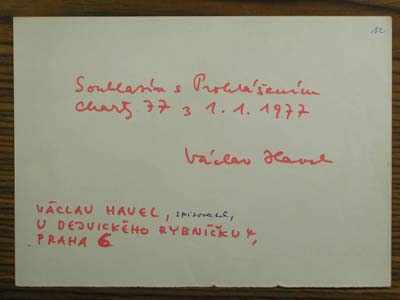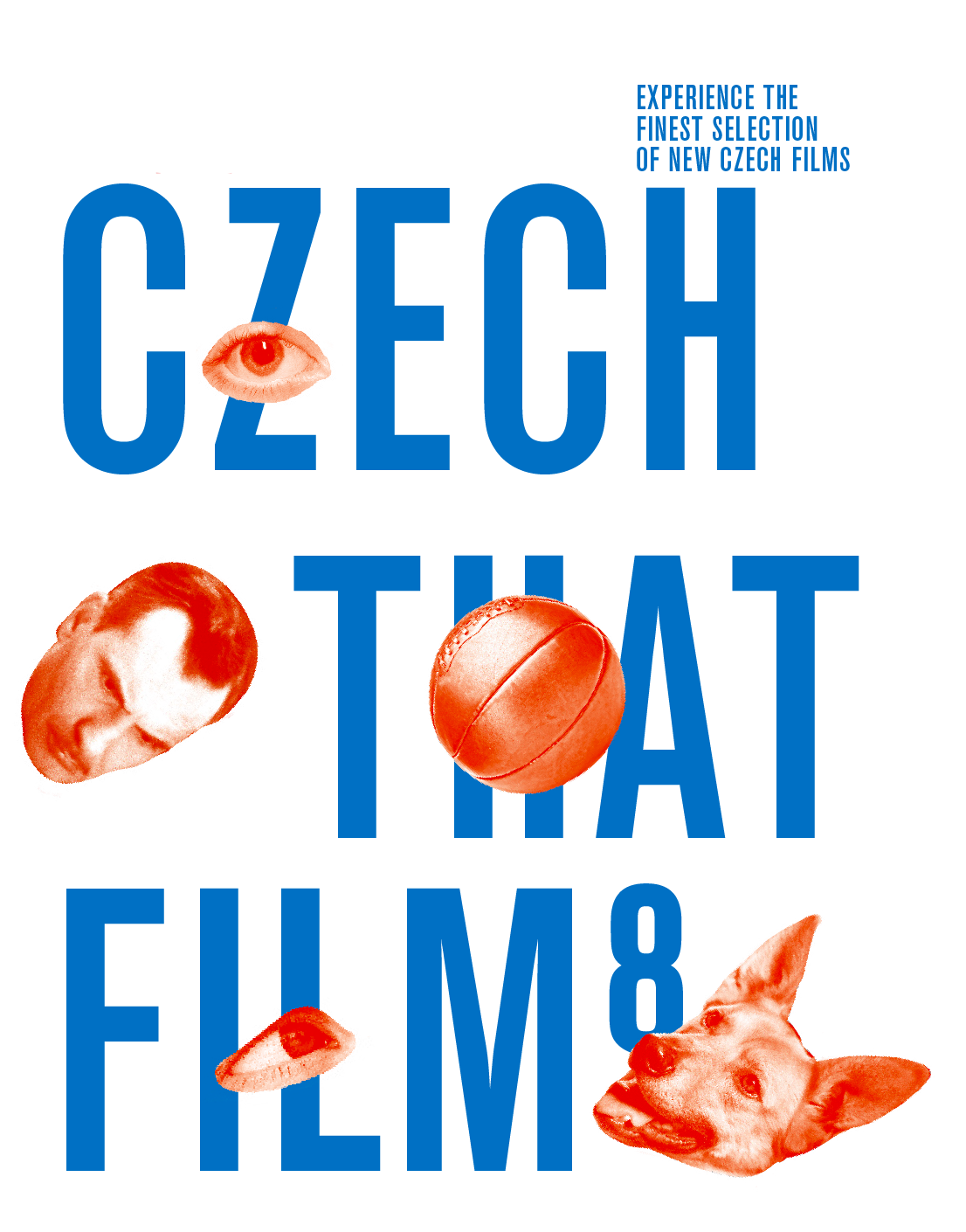
The roots of spontaneity are in the Tao, the path of virtue, the all-pervading energy of the universe, the ground of being, the source of all things. The artist must open up to this energy, must live in the flow. Here’s the great Japanese poet Basho living in the flow:
An old pond;
A Frog jumps in–
The sound of the water.
To study the frog, as a way to understanding, is to lose the mystery. Basho is simply an observer in the landscape who happens to write the poem.
Learning the value of being a troublemaker. [Ghostwriting-Speechwriting]
Russia: Repudiation of debt at the heart of the revolutions of 1905 and 1917. Micael: “So it takes a revolution? 4-part series about debt and the Russian revolutions.” Moi: Now don’t get ideas….

Sydney put the best foot forward as above our heads was the bluest of skies and the bullion sunrays beamed at our conersation that no one else in the world was having ...Often poets are drawn towards the time between seasons, the time when both death and life, endings and beginnings, merge into each other and confuse us. Down Under, Christmas in July, has its seasonal place deep in winter or deep in summer when the old year fades and a new one beckons. It seems fitting that we celebrate the birth of a famous baby at this time, a baby born in poverty as the story goes, born under a star that promised celestial light for everyone – but only through an ultimate sacrifice. Birth and death are entangled here too.

Learn To Make Trouble Effectively & Become "Rich" (at least as John Waters defines it)
Essentially, it was about how to make trouble effectively.
Those who do will wind up "rich," at least as Waters defines that concept. To him, "rich" means being able to afford not to have to do work for a___holes. In addition, you also often have the option of being able to work for yourself.
In April 2017, that how-to was published in book form. The title of those 71 pages is "Make Trouble." Here you can order it from Amazon.
A piece of learning how to make trouble is, hammers Waters, being able to:
"Ask for the world and pay no mind if you are initially turned down ... All you need is one person to say 'get in,' and off you go."
Embracing rejection as almost irrelevant is a must not only for new graduates struggling for a place in the creative world.
Just about every traditional line of work, ranging from practicing law to my field of ghostwriting, has become a daily rollercoaster of hope and despair.
Yet, as Waters puts it, all you need is one "yes." That's what you should keep seeking. To do that, you bet, we have to make trouble. That is, not follow the rules the experts make a lot of money creating and imposing on those who don't make trouble.
"Trouble-makers" are those who pass by the kind of work which leads to being tethered for life laboring for a___holes.
Among the trouble-makers has been Elie Mystal.
Mystal left being an associate in BigLaw for journalism at digital news site Abovethelaw.com. At the time he was in six-figure student loan debt from following the experts who told him to attend Harvard College and Harvard Law School. Today, one of his columns had more than 2K shares.
Toward the end of his commencement speech, Waters asks the graduates to "Make Me Nervous."
It wasn't until I lost my mind, nest egg and business in 2003, that I made it my mission to make the world nervous. (Here is the e-book on what was the worst of times.)
Yes, immediately I became, as Waters predicted, "rich." And, unlike so many of those chasing after "rich" as in financial wealth, you don't wind up jumping out the window at work, embezzling from the firm or being a functioning drunk.
"Make Trouble" is a wonderful gift for the Class of 2021 as well as for those of us over-65 who are determined to never retire.
Ironically and appallingly, just last week the US State Department published a report blaming Israel for Palestinian terrorism and claiming that the PLO-led, and US-funded Palestinian Authority doesn’t incite terrorism and violence and hatred.
Henry Miller, one of the great eccentrics and novelists of the 20th century, author of Tropic of Capricorn and Tropic of Cancer, observed that “writing, like life itself, is a journey of discovery. The adventure is a metaphysical one.... he takes the path in order eventually to become the path itself” (178). When we create a painting, a poem, music, sculpture, etc., we go on a journey and the destination is not merely to finish but to discover ourselves along the way. Creativity invites this kind of contemplation, this kind of adventure.
What we create might be vastly different from what we set out to do. This process involves false starts and dead ends, numberless changes, shaping and reshaping, continuous good taste and the harmonizing faculties, the internal editor, and much more. We must allow ourselves immersion in the process like a swimmer in water, and we must keep going forward. Rumi inspires us here:
Work. Keep digging your well... Water is there somewhere.
If we ever falter, or even get blocked, that’s okay too. We may need the time for reflection, to see the way more clearly, to gather new images and ideas, to allow the unknown aspects of the mind to solve the problem. It’s clear that you can fall asleep with a problem and wake up with a solution, or that you can be vexed by a problem for weeks or longer, but then suddenly eureka – the way is clear. So don’t rush creativity. And let it happen without manipulating or puppeting ideas and images. “Trusting our creativity is new behavior for many of us,” Julia Cameron suggests in The Artist’s Way”.
Creativity is not something limited to our childhoods, not something limited to when we have some free time on vacation. We can infuse our lives with a creative way of being. Thomas Moore says that “art is not found only in the painter’s studio or in the halls of a museum, it also has its place in the store, the shop, the factory and the home”. Indeed, we can learn to see from new angles, we can learn to combine ideas and systems in new ways, to make hybrids...